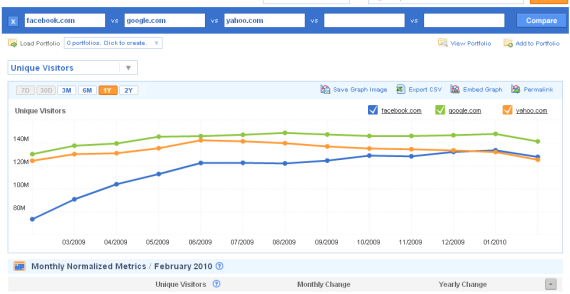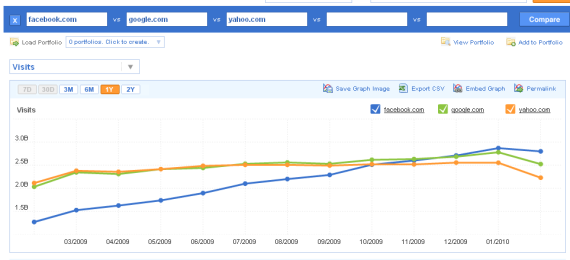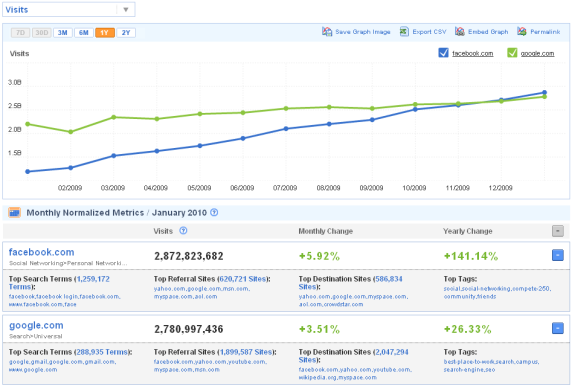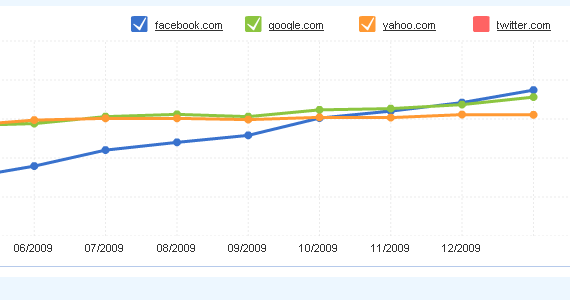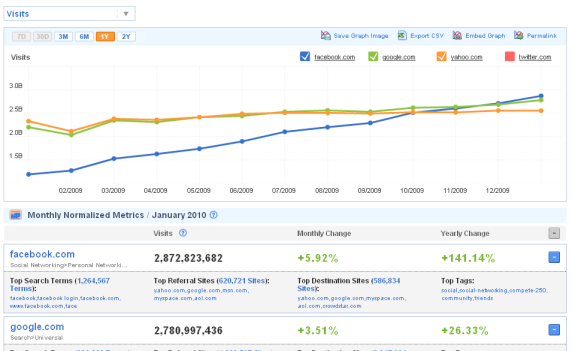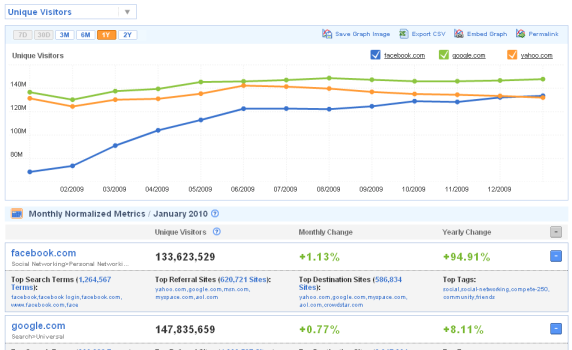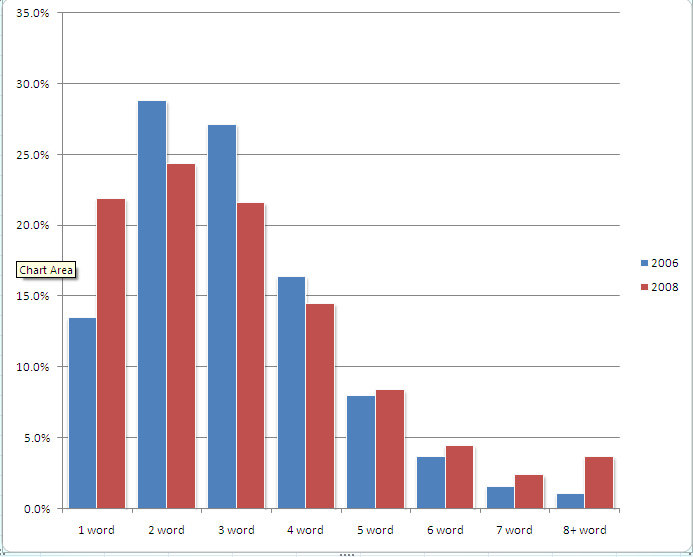July's Comscore numbers for sports networks were released recently and STACK Media made it's first appearance on the chart with 3.5 million uniques in July and importantly is the #1 platform for "active young men (12-24)".
Why is this important? Because beRecruited is part of the STACK network and played a critical role in these numbers and demographic targeting (the 12-24 year old audience is clearly our sweet spot). From Circulation Management:
Key to that traffic spike is a content partnership with three properties: sports retailer Eastbay.com, Footlocker.com (Footlocker owns East Bay) and BeRecruited.com, an online recruiting tool for high school athletes. “We focused on executing against a distributed media strategy where we take our content and distribute it to partner sites. In exchange for distribution of the content we’re also selling all of the advertising inventory on those sites. The tagline ‘Content is king, but distribution brings the bling’ is definitely a motto here,” says Palazzo.
But before STACK could effectively enter into distribution partnerships, the company had to prove the worth of its content. “Our content is the glue that is making these partnerships function because it’s unique in the sports space. It’s not news coverage, it’s sports lifestyle and performance. They’re the who’s who and we’re the how-to. That differentiates us and gives us the ability to create these types of partnerships,” says Palazzo.
Despite the initial focus on the high school athlete, the company has found that sports training, especially when it’s presented by professional athletes, is appealing to a broader audience of 12-to-24 year olds. “We’re focused on a new market. Our competitors now are ESPN.com, Yahoo Sports, and AOL Sports and Fox Sports—people that are in the top five that blue chip marketers are using. We may not have 20 million uniques, but the uniques we have are definitely [the marketer’s] target.”
1. Yahoo Sports - 21,851,000 uniques
2. ESPN - 18,101,000 uniqueS
3. Fox Sports - 14,644,000 uniques
4. MLB.com - 12,778,000 uniques
5. AOL Sports - 11,631,000 unique s (doubled in a year - 6,858,000 in July 2007)
6. NFL Internet Group - 7,482,000 uniques
7. CBS Sports - 5,923,000 uniques
8. Sports Illustrated Sites - 4,656,000 uniques
9. WWE - 4,206,000 uniques
10. STACK Media - 3,580,000 uniques
From STACK:
STACK Media today announced its ranking as the #1 online property to reach the coveted active young male demographic--as measured by comScore Media Metrix. With over 3.5 million unique visitors in the U.S. during July 2008, STACK Media jumped ahead of NBA.com and Nascar.com to land as #10 on the prestigious comScore list of Top Sports Web Properties. In addition to mass reach, STACK Media now offers display and video brand advertisers the greatest efficiency against the highly desirable but elusive category of active young (12-to-24-year-old) males online.




